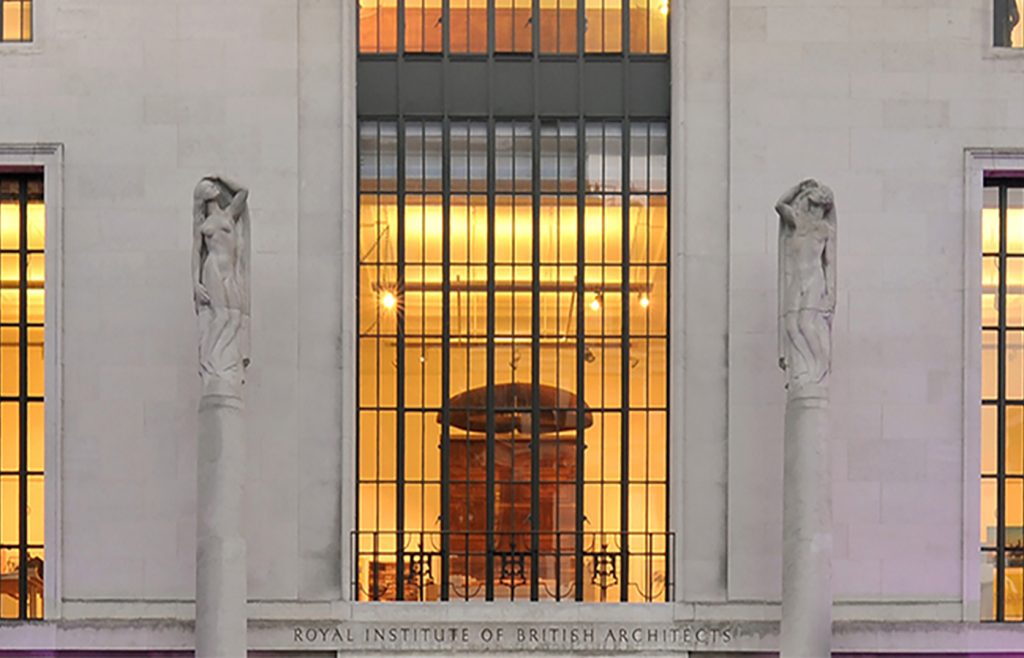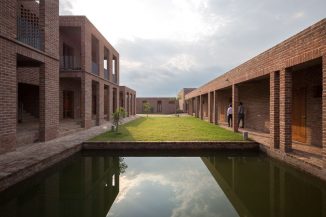
On Thursday 7 September 2023, the Architects Registration Board’s (ARB) published the results and next steps of Tomorrow’s Architects, its consultation on education and training reforms.
Read the Royal Institute of British Architects (RIBA)’s response to ARB’s Tomorrow’s Architects consultation (May 2023) for more detail on its position.
Responding to ARB’s announcement, RIBA Chair of Board Jack Pringle said: “While we are encouraged by some of ARB’s decisions, we feel that they do not go far enough to remove the current barriers to pursuing a career in architecture and fail to ensure that competence and innovation in architectural education are prioritised. Shorter routes to registration, lowering of student debt, and more flexible modes of study are key to creating the diverse and inclusive profession we urgently need, and we must ensure that students are taught low carbon design and building safety.
“ARB’s decisions to focus on establishing clear minimum regulatory requirements for those who wish to enter the profession at master’s level (RIBA Part 2) and then after professional practical experience (RIBA Part 3), in lieu of a specific requirement at RIBA Part 1, are welcome. These will open up the profession to graduates with undergraduate degrees (including RIBA Part 1) from other countries, those who already have relevant career experience, a related degree or even non-cognate entry with a conversion course. We also welcome the proposed independent commission into professional practice experience, as this is a critical aspect of architectural learning.
“However, in only focusing on the later stages of academic study and practical experience (equivalent to RIBA Parts 2 and 3), the reforms lack detail around ensuring key competencies such as climate literacy and building safety are met. This is surprising, as it’s vital that tomorrow’s architects are equipped with the knowledge and understanding to address today’s most pressing challenges, including the climate emergency and delivering a safe built environment. Innovation must be at the forefront of the proposed reforms.
“RIBA greatly values the Part 1 undergraduate degree programme in architecture, which is likely to remain the primary route into the profession. We will continue to use our rigorous and world-recognised validation process to mark this crucial milestone in architects’ education. And whilst we currently have alternative models of education – such as apprenticeships and RIBA Studio – it is important that we continue to create diverse routes, including our previously proposed accelerated model, to further strengthen the relationship between education and practice, to widen access to the profession.
“RIBA remains committed to working with ARB to ensure that reforms deliver a relevant and resilient education system.”





